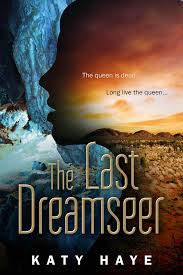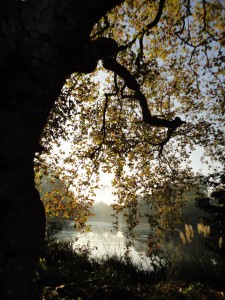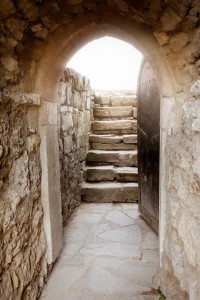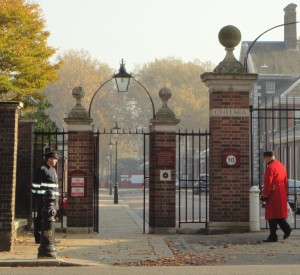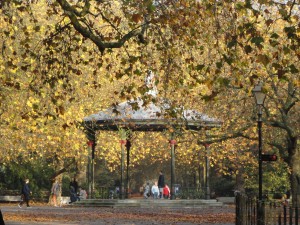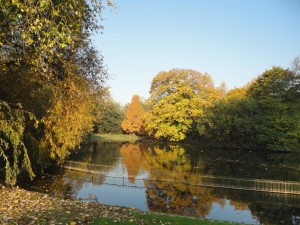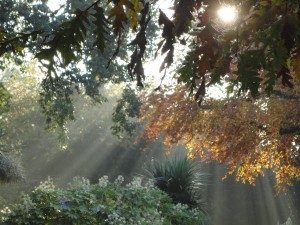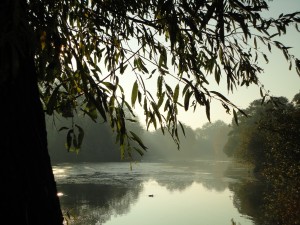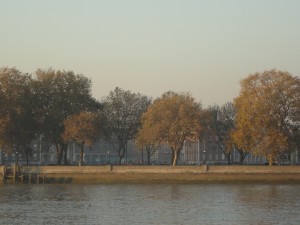Archive for November, 2015
Can an Orc Change?
Just a year ago I was writing a 5 star review on Amazon for The Last Gatekeeper, a debut Young Adult novel by Katy Haye. Now she has written the second in her Chronicles of Fane series. The Last Dreamseer, and it is out today and, for the launch week only (November 27th – December 4th), the novel is on sale for 99c./99p, after which it will return to a permanent price of $2.99/£2.49. I haven’t read it yet, but I shall, as soon as it’s on my Kindle. Gatekeeper kept me up until the small hours wanting to know what happened.
The arrival of this novel started me thinking about why I so enjoy fantasy fiction and what is special about the Young Adult end of the genre in particular.
And I suppose the first, the universal element is the opportunity it gives us to marvel. In our rationalist world we are taught to deconstruct, analyse, assess, evaluate. All excellent tools to inform judgement. But wonder is another part of ship. You don’t have to suspend judgement, just to experience amazement, that sense of something immense and powerful.
Who ever said the Niagara Falls were a bit chocolate boxy? Who judges the forest? Wind? Water?
A sense of wonder is followed by the desire for knowledge. And this is where we get into territory that Young Adult fiction is so good at. Consider Inkheart by Cornelia Funke, a particular favourite of mine. Or the wonderful Diana Wynne Jones’s Witch Week. (Pretty much anything by Diana Wynne Jones actually.) Or the strange and scary Chime by Franny Billingsley – tag line ‘The story of a wicked girl has no true beginning. Knowledge is good and necessary but it is never enough.
Knowledge on its own cannot find solutions. You also have to overcome fear, understand consequences, have some idea what drives other people and know yourself. And then Choose.
Can you – do you want to –leap mountains in a single bound? Do you go through hidden doors to who knows where?
And this is where much Young Adult fiction is so interesting. It seems to me that Tolkien said there were temptations to overcome and times of trial but your identity was set and the moral path was laid out. An orc was an orc. Writers like the ones I’ve named, including Katy Haye, seem to say that you have to find both for yourself. For someone like me, ineradicably committed to a happy ending, that is irresistible. Maybe someday, somewhere, someone will write the book where an orc finds he’s a gardener. Please.
Mysterious November 1st
This is the middle day of the Hallowtide. In the days of the medieval church, it marked the end of harvest and the coming of the dark days of winter. It is All Saints Day. According to Sir James Frazer’s Golden Bough (though other authorities disagree with him) this coincides with the Celtic Festival of the Dead, Samhain.
Though neither Celt nor mediaeval monk, I suspect I share some feelings with them. In these days after the autumn solstice, the light and the landscape shift into the unfamiliar. It is fleeting. But it acts powerfully on the imagination. For instance, today I took a walk I have taken many times before …
… through prosperous terraces, the newest of which is 100 years old, towards the river which the Anglo Saxons knew. There was obviously mist over the water. As I approached the Royal Hospital (founded by Charles II, allegedly at the urging of Nell Gwynn, to house veteran soldiers), though the river was still out of sight, I could see mist, grey as smoke, shifting among the turning leaves of the great trees in the Hospital’s park.
I was trying to photograph the old gateway and the mist. I didn’t even realise the scarlet-coated pensioner was in the picture until I got home. But there he was, his coat brilliant in the afternoon sun, just as the coat of his predecessors would have been in all the centuries since Sir Christopher Wren built the place, 300 years ago.
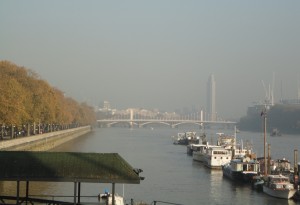
Albert Bridge (‘Troops Break Step’ says a Victorian notice) looking towards Chelsea Bridge, Westminster and the City
So then I walked down to the Albert Bridge, surely the prettiest of the London bridges, and crossed in brilliant sunshine while, to the east, the towers of the City shimmered in that mist down stream.
Then into Battersea park, where there were families, parents leading children, children guiding parents, lovers, people who were lost, people who had just met, by chance or appointment, people running with dogs, sitting with dogs, carrying dogs whose little legs had given out after strenuous hours of playing in that great bosky place; Russians, Brazilians, Spaniards, Scots, Bostonians, Texans, Poles, Scandinavians, Japanese … And in the middle, the great gorgeous bandstand, gradually revealing itself in hangings of gold and silver as the leaves fall . . .
. . . to the lake , like a mirror, where trees are deceptively luxuriant, deceptively green, both above and below the water, and the unwary might be tempted to step out onto that perfect glassy surface and dance.
Only as you go into the more densely wooded parts you see that the leaves are indeed falling; that the horizontal sun, hitting you between the eyes, hides the truth of the ending year in a blast of crepuscular rays you feel you could climb up to the point from which they emanate to . . .
what?
Lake chillier. Great tree trunk menacing. Sun withdrawing. Mirror errupts.
No sun now. This is the territory of Oberon. You may not be welcome.
And then, blessedly, you fight your way back to the river, the sun is still shining, people are laughing and bicycling and running and drinking coffee. There’s even a speedboat breaking the speed limit on the water. And there, across the river, is smiling order and the trees putting on their autumn finery and all is well with the world again. For now.
